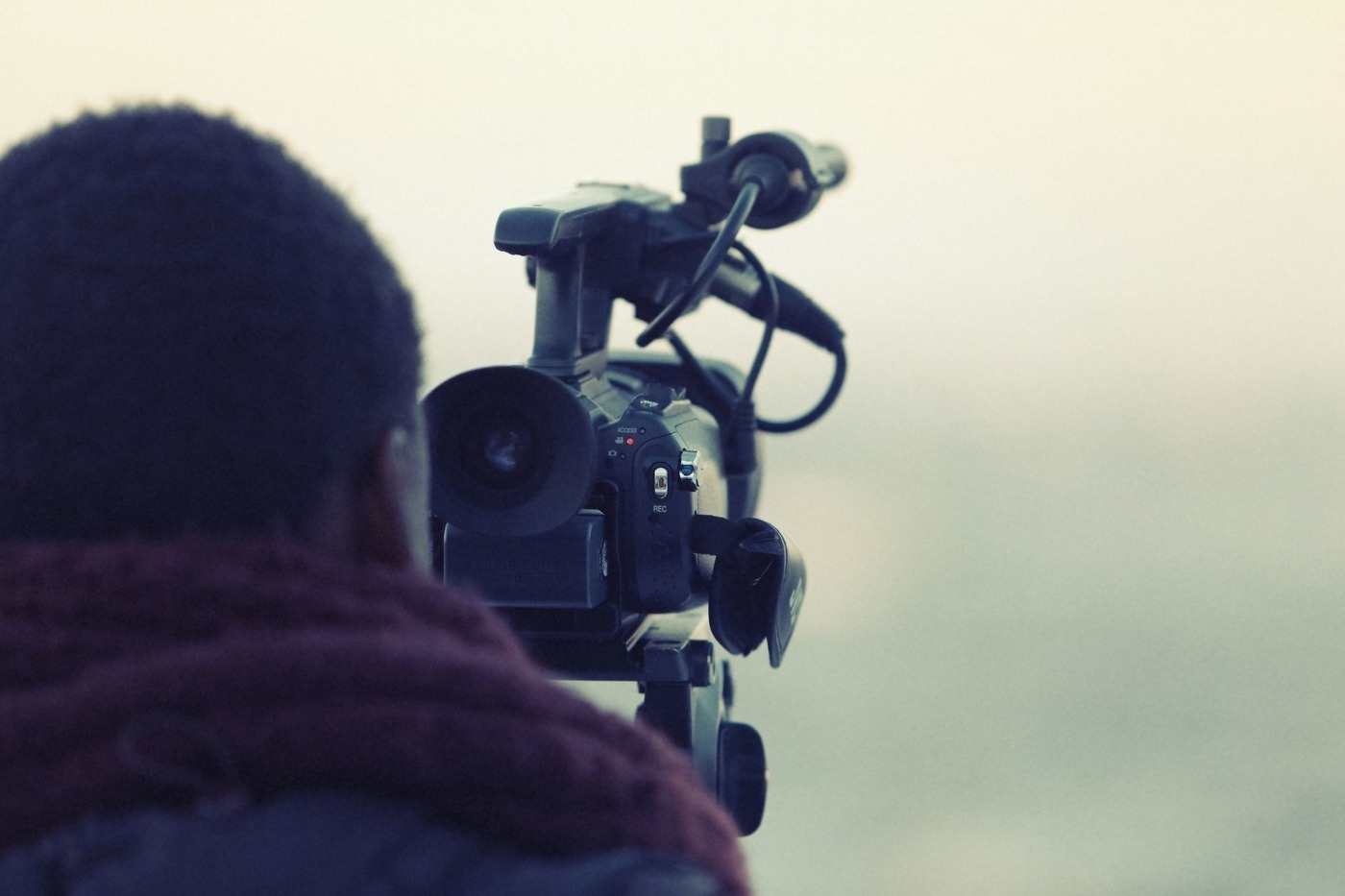Getting Behind the Camera – confessions of a student filmmaker
In my Personal Statement for my University application, I wrote (candidly believing in my words) that “the biggest dream of my life was to become a director”. Back then, the naive 18 year old me, who had only directed a few short and terrible films during High School, believed that being a director was all about having good resources and people to boss around whilst pretentiously claiming to have a ‘vision’. Having that in mind, it appeared obvious that the issue with my unrefined and immature filmmaking was the lack of these essential elements.
Seeing the example of the famous Canadian, Xavier Dolan, who at the tender age of 19 shocked the world with his powerful directorial debut, in my mind, the art of filmmaking was something bestowed upon you as a gift from above, easily achievable, a golden key to the gates of success.
The truth, the harsh truth, that as a Student Filmmaker I had to face when I took that path is that even with the best and most expensive cameras, the editing suite of my dreams and a full crew working on my project, I would still make unwatchable films, simply because I wasn’t ready yet and I still didn’t know what I really wanted to do and how.
in my mind, the art of filmmaking was something bestowed upon you as a gift from above, easily achievable, a golden key to the gates of success
After so much talking and speculating, it became clear to me that the process of making films in the real world entails more silence and observation than anyone would expect. When I thought it was finally the moment for me to give orders and indications, I realised I actually needed to ask for suggestions and other people’s opinions, to listen to their point of view and appreciate their help. Instead of pretending that I could master every aspect of filmmaking (as I used to), I had to be honest and open about the fact that there were things I genuinely didn’t know and that I didn’t even understand.
For these reasons, during the production of my first short film at University, I gave up directing. I was scared and ashamed of my incompetence and I didn’t want others to notice that I didn’t have a ‘vision’ or the creative agency I so long sought. What was expected to be a perfect failure, ended up being a great opportunity. Overseeing the production of a project that I held dear while supporting the director in his choices by providing him the resources he needed to turn the script into a film, or sitting next to the editor and learning from him what needs to be sacrificed and what makes it to the final cut, gave me an epiphany: maybe, I wasn’t cut out to be a director after all. In the same fashion as when you feel ill and google your symptoms, I googled all the possible roles in filmmaking that would match what I liked and found out I was more fascinated and suited for the position of Producer, which I had never actually considered before. Suddenly, fear and shame left me, welcoming a new sense of motivation and the same old feelings of wonder and passion. No more an overambitious wannabe, I finally had a goal to achieve and so many new things that I couldn’t wait to learn.
What was expected to be a perfect failure, ended up being a great opportunity
Taking into consideration this experience which many young aspiring film students share around the world and across generations, I strongly believe that this represents that time of quiet observation and self discovery that makes you rethink the reasons why you chose this journey in the first place. It’s an emotional rollercoaster and a never ending cycle of failure and joy that, with every step, will help you build yourself as a professional and as a person. There’s no better time to learn what your strengths and weaknesses are. It’s also a chance to find out what kind of things you really want to do in the future and the ones you’d rather leave behind. After a few projects, experimenting different roles and working with new people, everyone understands in a better way what they care about the most, in what they want to invest their energies in the attempt to do what’s best for the film and for themselves. In the end, being a Student Filmmaker reveals to you the biggest lesson in the film industry: “getting behind the camera” has nothing to do with success, but rather, it’s all about progress.

Comments
Comments are closed here.